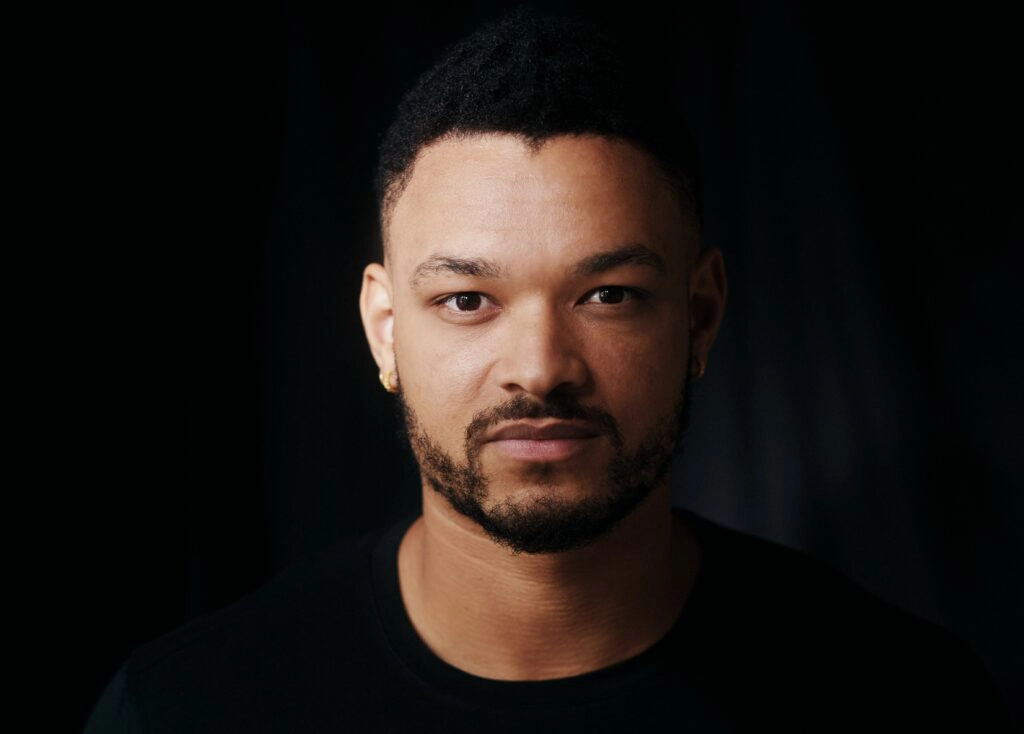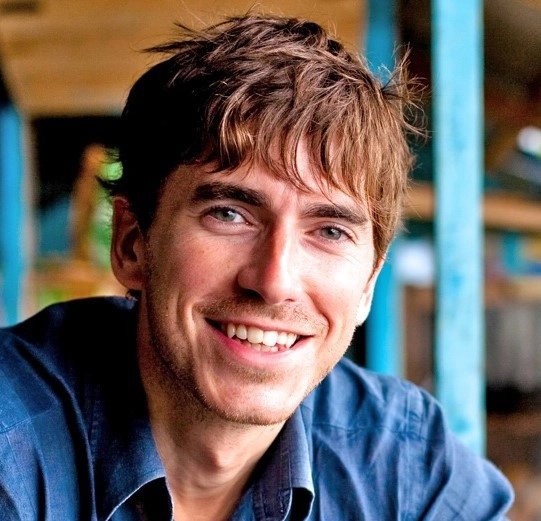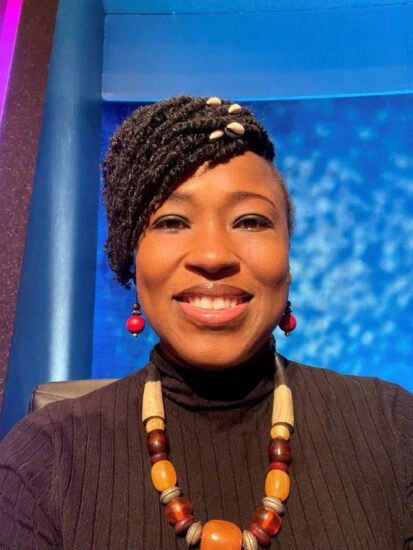How to Embrace Failure in 2024: Why Failure is an Opportunity in Disguise
We’re frequently bombarded with inspiring examples of sporting legends, creatives and entrepreneurs from history who turned repeated failure into unlikely success stories, that revolutionised our everyday lives. If not for Thomas Edison and the humble lightbulb we might be sat here in the dark.
But are these purely co-incidence? Or can we translate these fridge-magnet mantras into our own lives and goals?
“Failure is simply the opportunity to begin again, this time more intelligently.” – Henry Ford
In simple terms, failure is when we don’t achieve an intended goal or objective.
Failure hurts. It’s uncomfortable. Education and society instil the idea of success, whilst failure is often the elephant in the room. It’s almost villainised and avoided at all costs, when instead we should be embracing failure as a catalyst for growth and positive change.
So… how can we overcome our fear of failure?
Failure isn’t personal: it’s easy to label ourselves a ‘failure’ or take it personally, but it’s important to recognise that factors are often completely outside of our control. In my case, it was an earthquake and avalanche that stopped me climbing Everest, on two consecutive occasions. I hadn’t failed due to my own effort or ability. Recognising this allows us to separate ourselves from the outcome and focus on the learning, rather than getting stuck in blame and self-pity.

Focus on what you can control: automatically and instinctively we focus on the thing that went wrong, and that’s OK – but it’s not helpful. As a teenager I had to raise £35,000 in sponsorship to make my Everest goal a reality. I was utterly terrified of failure and not making it to the mountain in the first place. What would people think?! However, I channelled this fear as a driver and motivation to work harder and stay focused. If I didn’t achieve the goal, then I could feel confident that I had done everything I possibly could. Incidentally, I failed due to something I hadn’t even contemplated or planned for. This gave me another year to train harder and maximise my chances of success.
Make time to reflect: it’s easy to have a knee-jerk reflex onto the next thing or a second attempt. But without taking the time to learn we are likely to repeat the same mistakes. In my case, I actually realised that my Everest goal was no longer important to me and that I needed to change my direction altogether, which stopped me investing more time and effort on something just for the sake of it. Now, when I fall short of an objective, I ask myself: “how do I grow from this?”
Failure is an opportunity: failure is nothing compared to our response. Ultimately, two ‘failures’ and disasters on Everest led to writing two books, starting a motivational speaking career, creating a new challenge “Climb The UK” in 2017 and founding a charity, Mind Over Mountains, which helps hundreds of people each year to improve their mental health through nature. I’m very grateful for failure and the opportunities it’s given me, and others. Once we view failure as continued learning, it feels much less daunting.
What does success look like? having your success or failure determined by one measure leaves us vulnerable to factors outside of our control. In 2020 I took on probably the most demanding and significant challenge I had ever set myself: to run the National Three Peaks Challenge (452 miles in nine days). However, I set myself three goals: to complete the run, to raise £10,000 for charity, and to break the record. In the end I achieved two of the three goals, which on the whole felt like a pretty successful outcome.
Failure is essential to achieve potential: we generally dwell on what might happen if we try something and fail, and retreat to safety. And so we fail by default.
What if we asked ourselves: “what could happen if I don’t?”. Many of us tend to go through our lives comfortably hitting the next target and setting smaller goals within our current capabilities, and therefore experience few of the challenges and stresses that help us to grow as people. Any substantial achievement in life requires a high probability of failure.
What big goals have you set for 2024? What could you achieve if you couldn’t fail?
I wish you the best of luck and hope this helps you to fail forwards in 2024.
More about Alex Staniforth
 Alex Staniforth is a record-breaking young adventurer, author and mental health charity founder who has already survived the two biggest disasters in Mount Everest history as a teenager.
Alex Staniforth is a record-breaking young adventurer, author and mental health charity founder who has already survived the two biggest disasters in Mount Everest history as a teenager.
However, his biggest mountains have been much closer to home: epilepsy, bullying, mental ill health and a stammer since childhood.
Alex never allowed this to become his identity – only his experience. Re-framing adversity as an opportunity for growth has given him a unique insight and drive to inspire others to overcome their own ‘Everest’ and achieve against the odds.
Offering talks on Resilience, Overcoming Adversity, Mental Health and Wellbeing and turning Failure into Potential, Alex is a truly inspirational speaker who inspires audiences far and wide.







